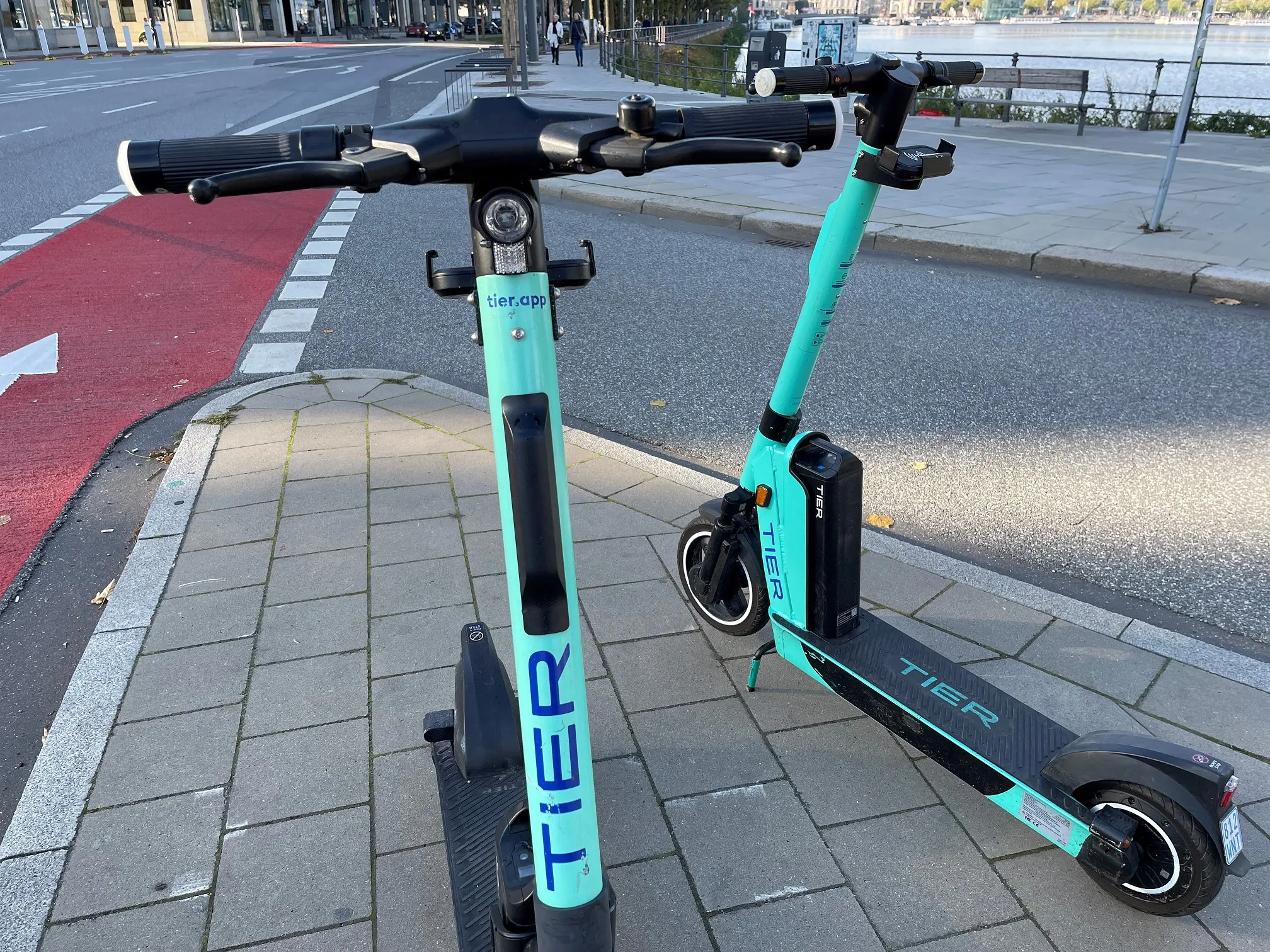
European firm Tier Mobility is riding into North America for the first time by buying Spin for an undisclosed sum.
Last year, Berlin-based Tier snapped up German micromobility firm Nextbike - but buying Ford-owned Spin gives it a new foothold in more than 100 places across the US and Canada.
Tier says it is now the largest player in the global sector, active in more than 500 cities and with 300,000 vehicles.
Modernising the Spin fleet with 100% swappable batteries is "one of many upcoming projects to achieve environmental sustainability and efficiency in the North American micromobility industry", the firms said in a statement.
Lawrence Leuschner, Tier CEO and co-founder, said the acquisition and entry into North America are "huge milestones in our mission to change mobility for good".
His counterpart at Spin, Ben Bear, said both companies "share the same foundational view of how to deliver world-class micromobility services to cities and riders".
Helping people make the switch away from car journeys by offering sustainable alternatives is a key goal, both men insisted.
Franck Louis-Victor, vice president, new businesses at Ford Motor Company spoke of the "incredible synergies"
"This new era will provide scale that’s desperately needed in the competitive micromobility sector," he added. "We are pleased to remain in the mix as a strategic investor in Tier and look forward to their continued growth.”
As well as purchasing Nextbike, Tier also bought Italian market leader Wind Mobility last year.
In October, Tier announced the first close of its $200 million Series D funding round, making a total raised of $660 million in equity and debt.









